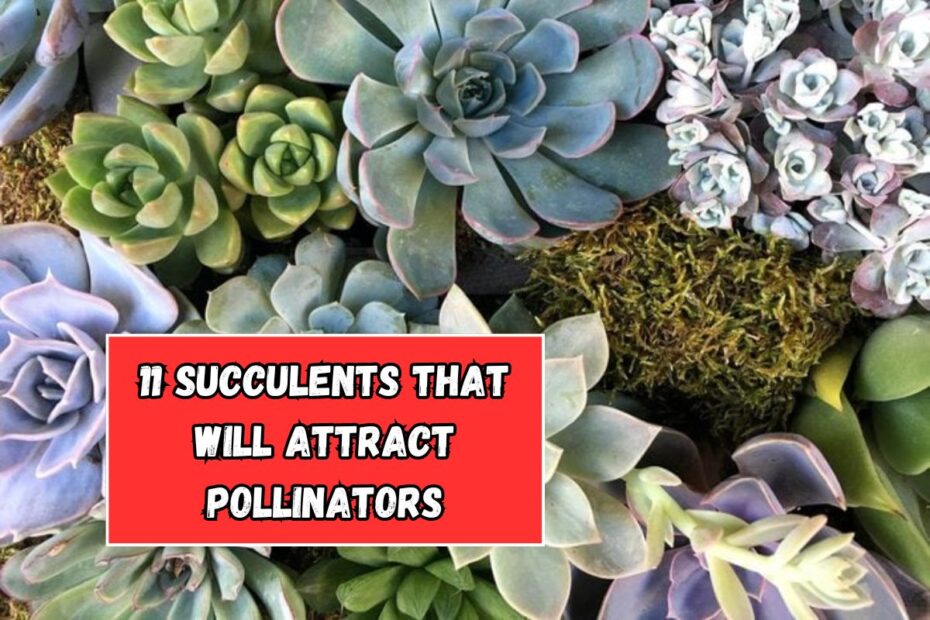11 Succulents That Will Attract Pollinators:-Making a succulent garden can be a lovely way to improve your outdoor area. Some succulents also attract pollinators, which gives your garden more life. Given below are 11 plants that bees, butterflies, and other helpful insects are known to really enjoy.
1. Sedum
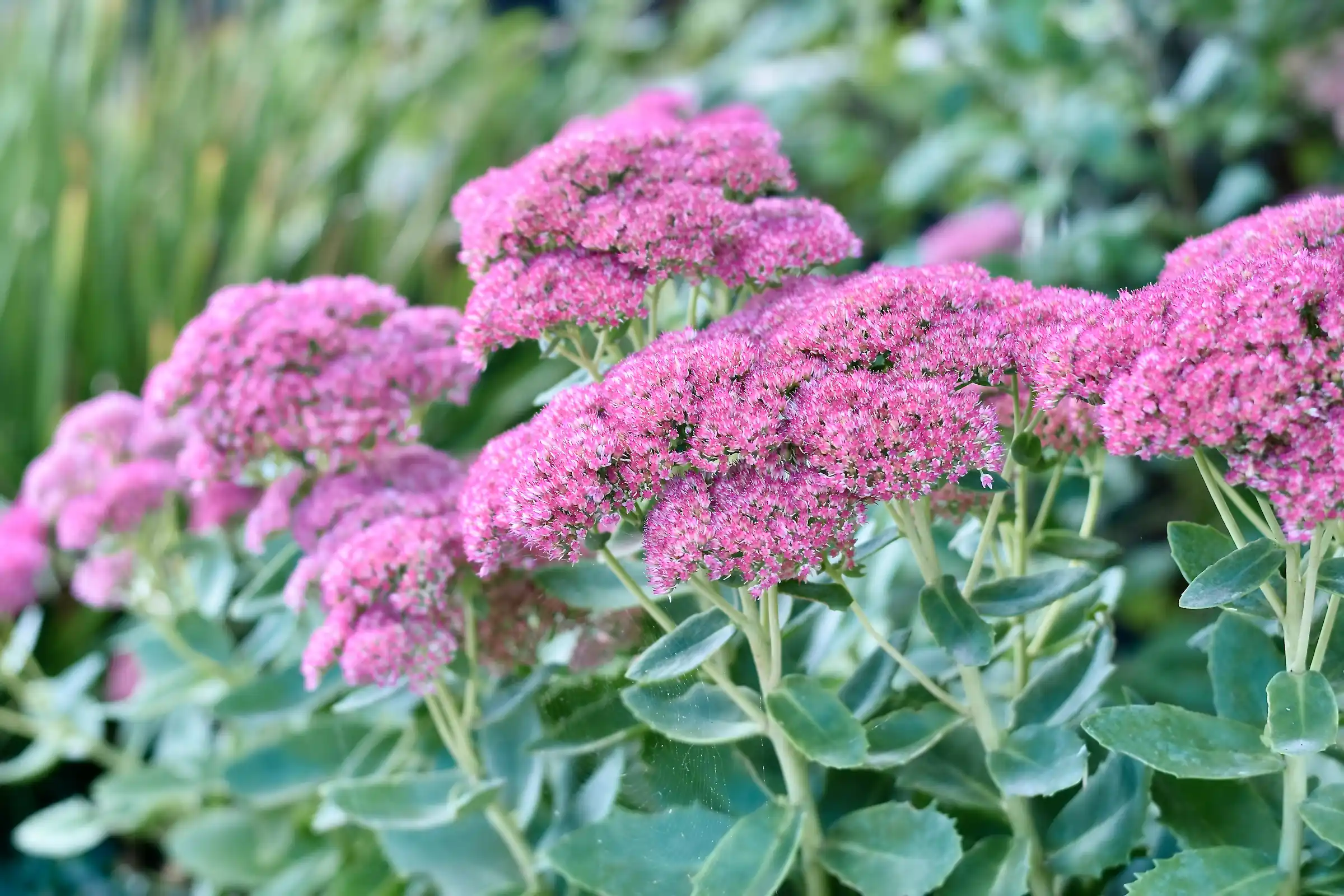
Hardy succulents called sedums have fleshy leaves and bright flower groups. Some types, like Sedum spectabile (showy stonecrop), bloom in late summer and autumn. Their nectar-rich flowers draw bees and butterflies.
Also See:-How to Plant, Grow, and Care for Philodendron Micans
2. Agave

Agaves are beautiful plants that can get very big. When they open, they make tall spikes with groups of yellow or green flowers that hummingbirds and other pollinators really like.
3. Echeveria

People like echeverias because their leaves are colourful and arranged in a rosette shape. Birds and butterflies are drawn to many types of these plants because they have tall flower stalks with bell-shaped flowers.
4. Aloe
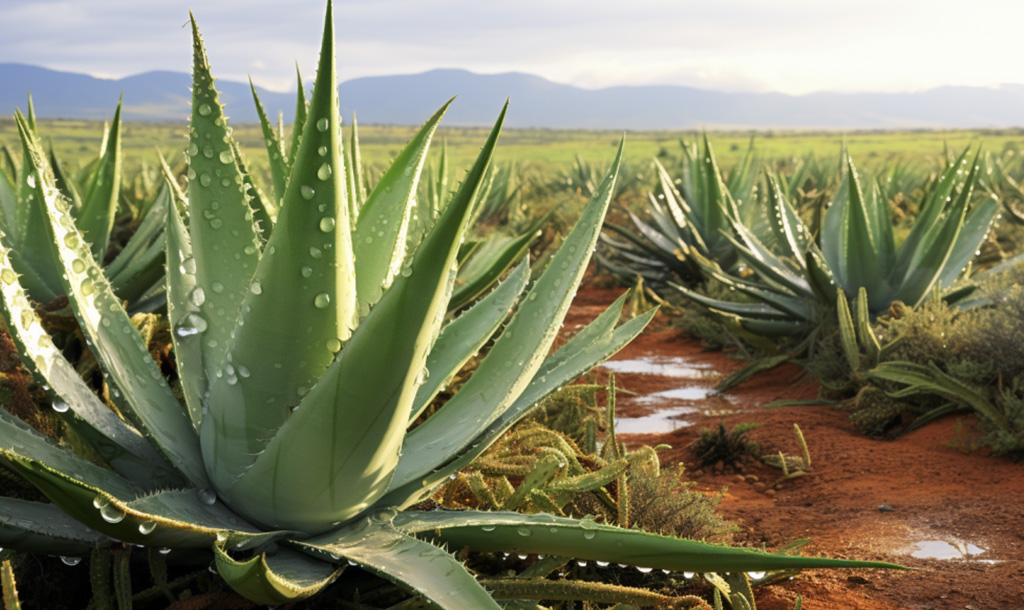
Hummingbirds and bees are very interested in the flowers that aloe plants, especially Aloe vera, make. These flowers have long tubes that look like flowers. In the spring and summer, their bright orange or yellow flowers usually open.
5. Kalanchoe

Kalanchoes are famous for having lots of small, bright flowers grouped together. Kalanchoe blossfeldiana varieties bring in bees and butterflies and add bright pops of colour to your yard while also appealing to pollinators.
6. Haworthia
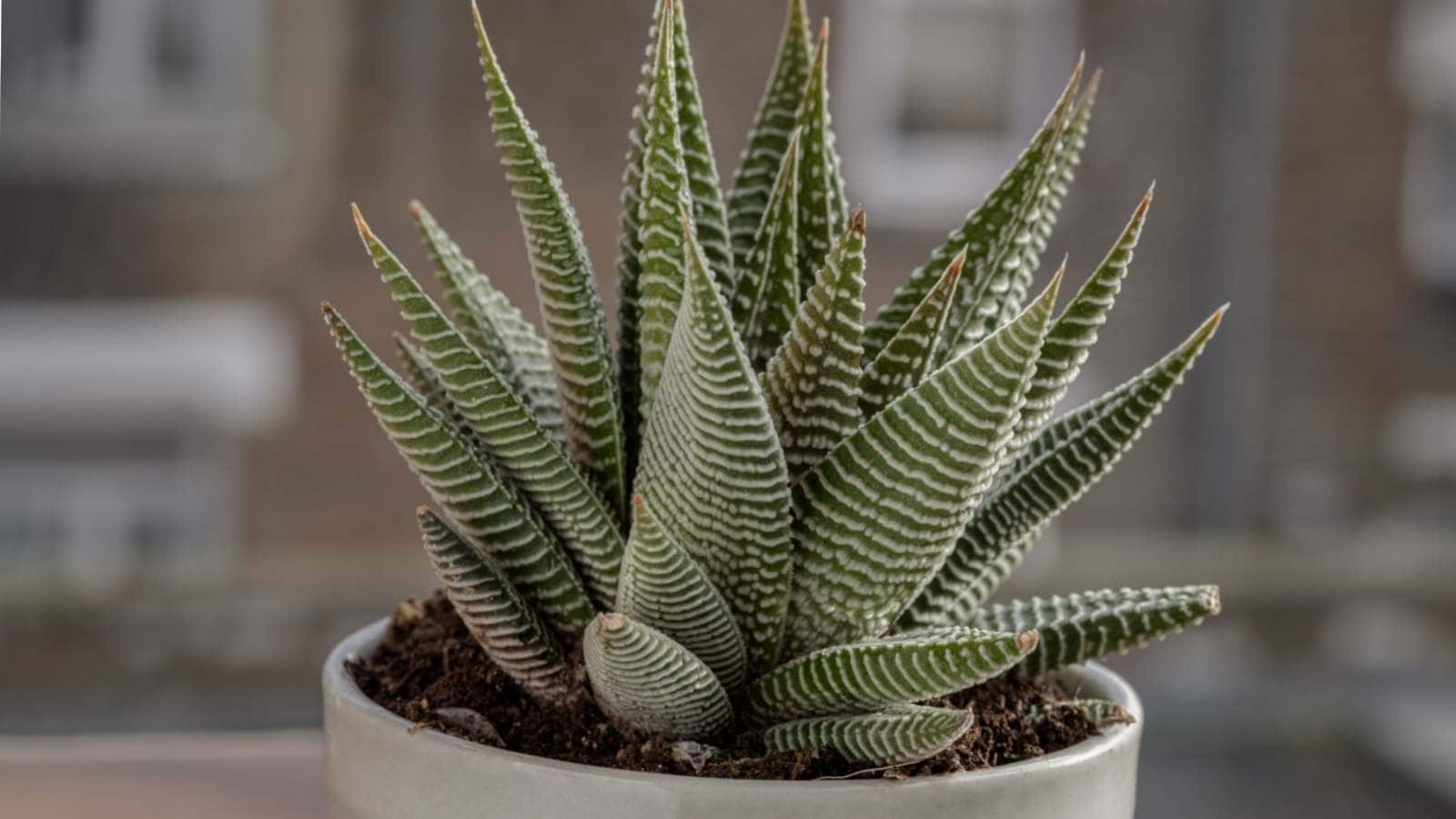
Haworthias are smaller succulents that have their own designs and shapes. Some types don’t smell very good, but the flowers, which grow on tall spikes, can draw bees and other small pollinators.
7. Sempervivum
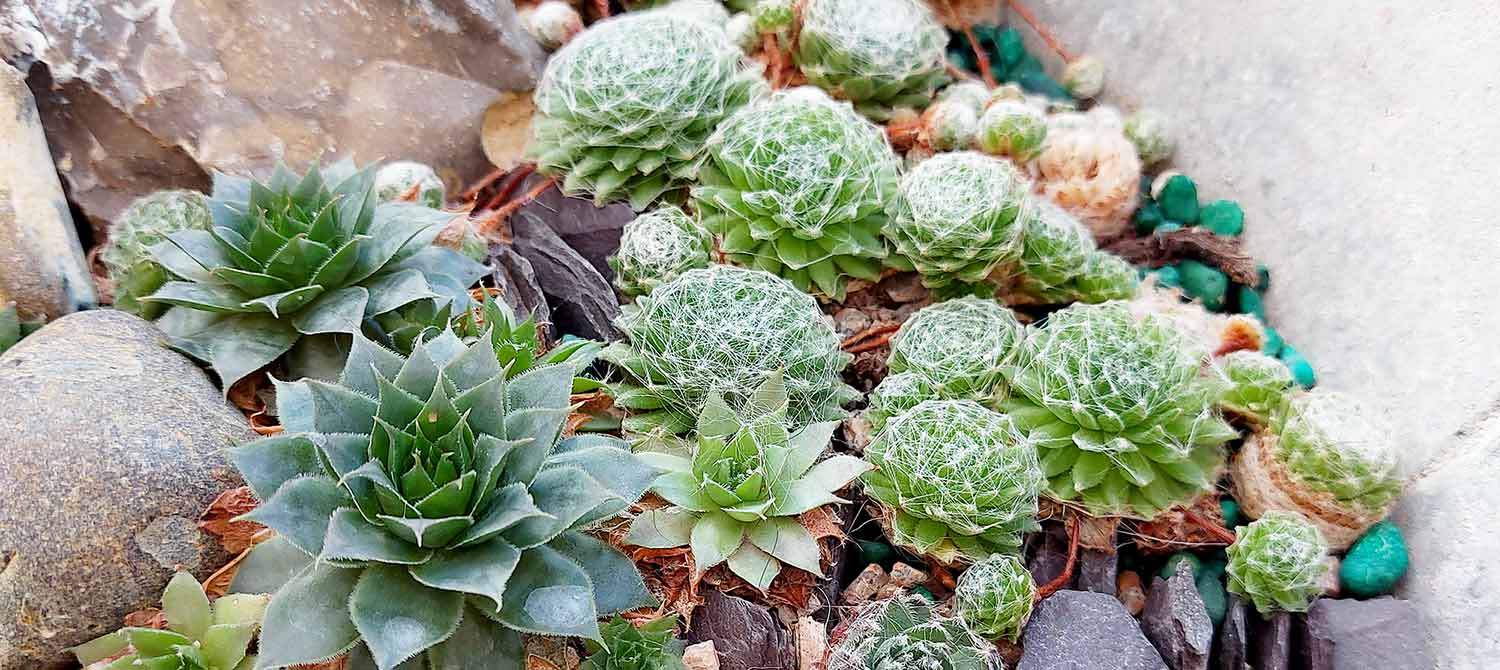
These hardy plants make rosettes that grow flower stalks when they’re ready. They are often called hens and chicks. The pink or yellow flowers make your yard more interesting by attracting bees.
8. Crassula
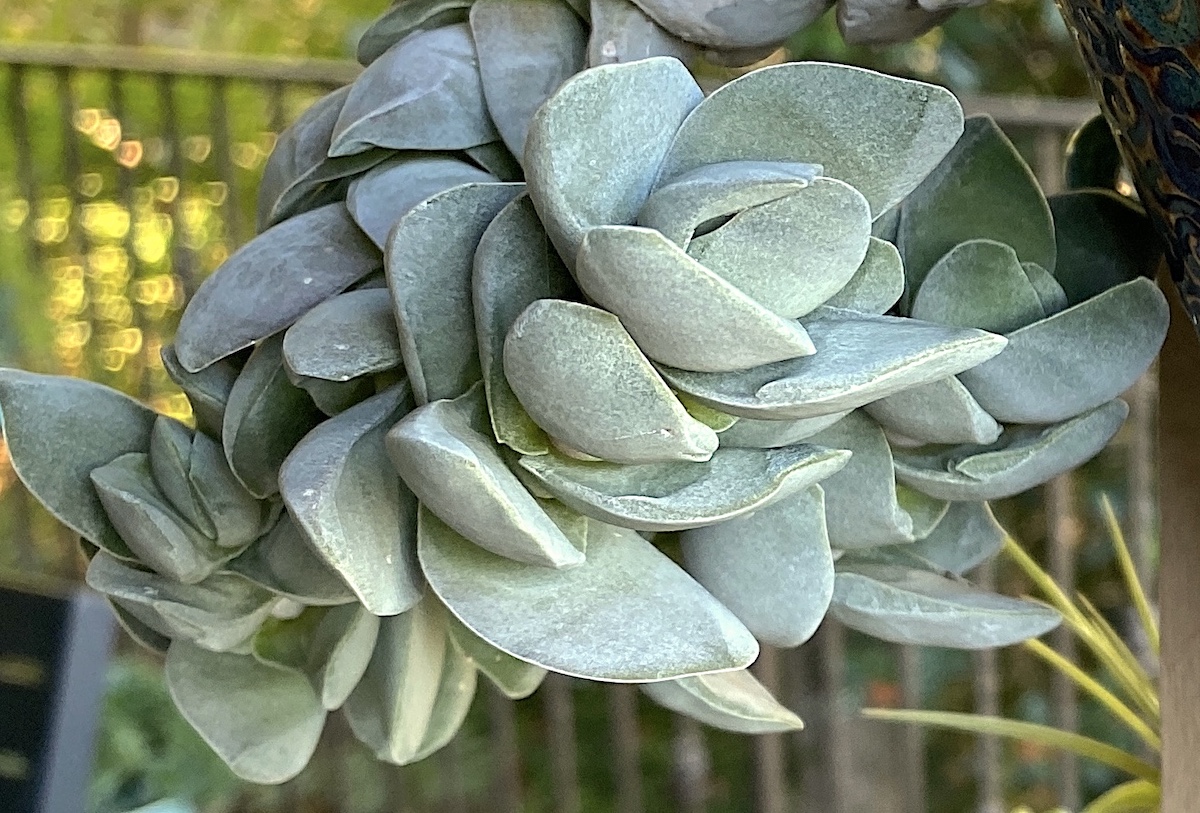
A lot of Crassula species, like the jade plant (Crassula ovata), have groups of small flowers that can draw pollinators. There are many forms and sizes of these plants, and they do best in full sun.
9. Delosperma

Delosperma species are ground-hugging cacti with bright flowers that look like daisies. They are also called “ice plants.” These flowers are great for adding to a succulent yard because they bring in bees and butterflies.
10. Othonna

The flowers of some Othonna species, like Othonna capensis, look like daisies and bloom in the spring. Birds and bees love their bright yellow flowers, which can also make your yard look happier.
11. Portulaca

Portulaca, which is also known as moss rose, is a plant that does best in sunny places. It is a beautiful addition to any yard because its bright, colourful flowers open in the sun and draw in bees and butterflies.
Final Thoughts
Adding these succulents to your yard not only makes it look better, but it also makes it a nice place for pollinators to visit.
By choosing different plants that bloom at different times, you can make sure that there is a steady supply of nectar throughout the growing season. This will help local ecosystems and increase biodiversity. Have fun planting!
